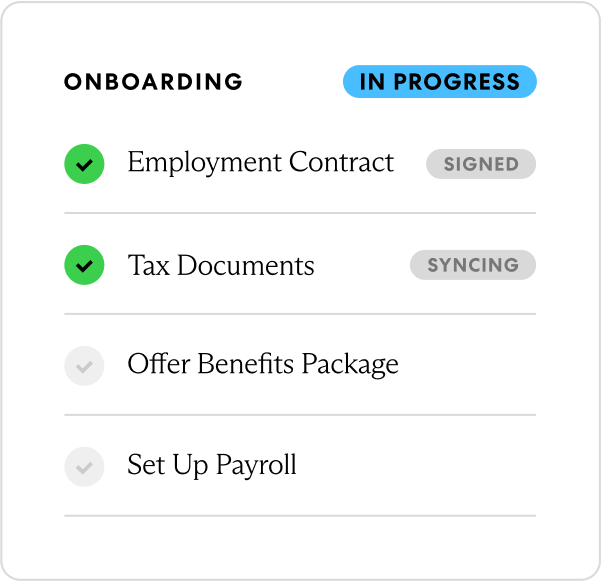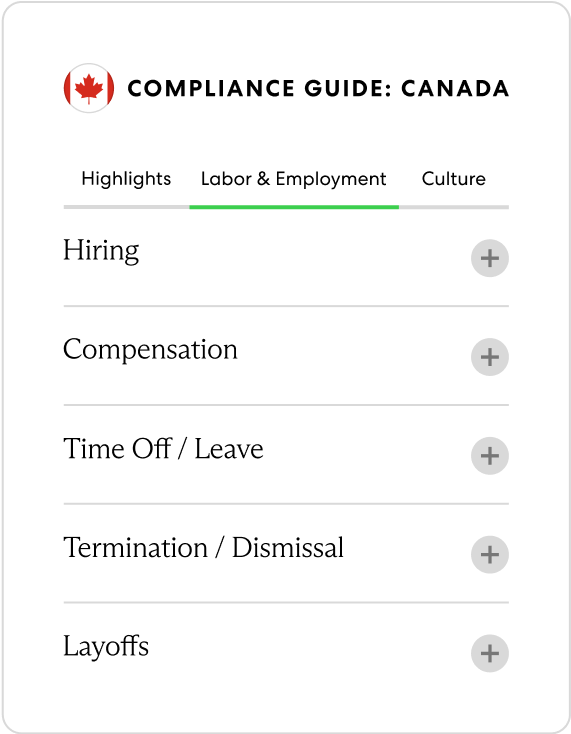A leading employer of record
We are proud to share that NelsonHall has identified Velocity Global as a three-time leader in its 2023 EOR evaluation, acknowledging our ability to provide immediate customer benefits and meet future needs.
Download the report to discover what sets us apart.

Hire global talent with ease
Build your dream team with our global Employer of Record (EOR) solution. We help you effortlessly hire international employees while complying with local employment laws—so you can grow seamlessly across the globe.

Pay talent on time, every time
Accurately and compliantly pay your global workforce through one centralized solution powered by world-class expertise.

Watch the Global Work Platform demo
See how to onboard talent compliantly and enter new countries quickly with our Global Work Platform™.

Keep your talent—and keep them happy
We equip your business with the competitive perks and rewards that keep talent engaged for the long term.
Global Benefits
Support every member of your team with comprehensive, flexible medical and life coverage.
Global Equity Program
Easily reward talent with a transparent equity program that eliminates compliance risks.
Global Immigration
Make talent relocation or visa approvals simpler for an easy transition of employment.
International Pensions
Empower your talent to invest in their future with flexible retirement savings plans.
Flexible Office Space
Give your global team a home base with Upflex workspaces available in 120+ countries.
We’ve got the world-class expertise and human support to take you anywhere.
Expertise everywhere
Tech for global dream teams
Always there for your people
Transforming how the world works
Businesses go farther with velocity
Get a global perspective with our resources
Learn more about borderless hiring
Get answers about global hiring, payroll, benefits, international workforce compliance, and pricing.









